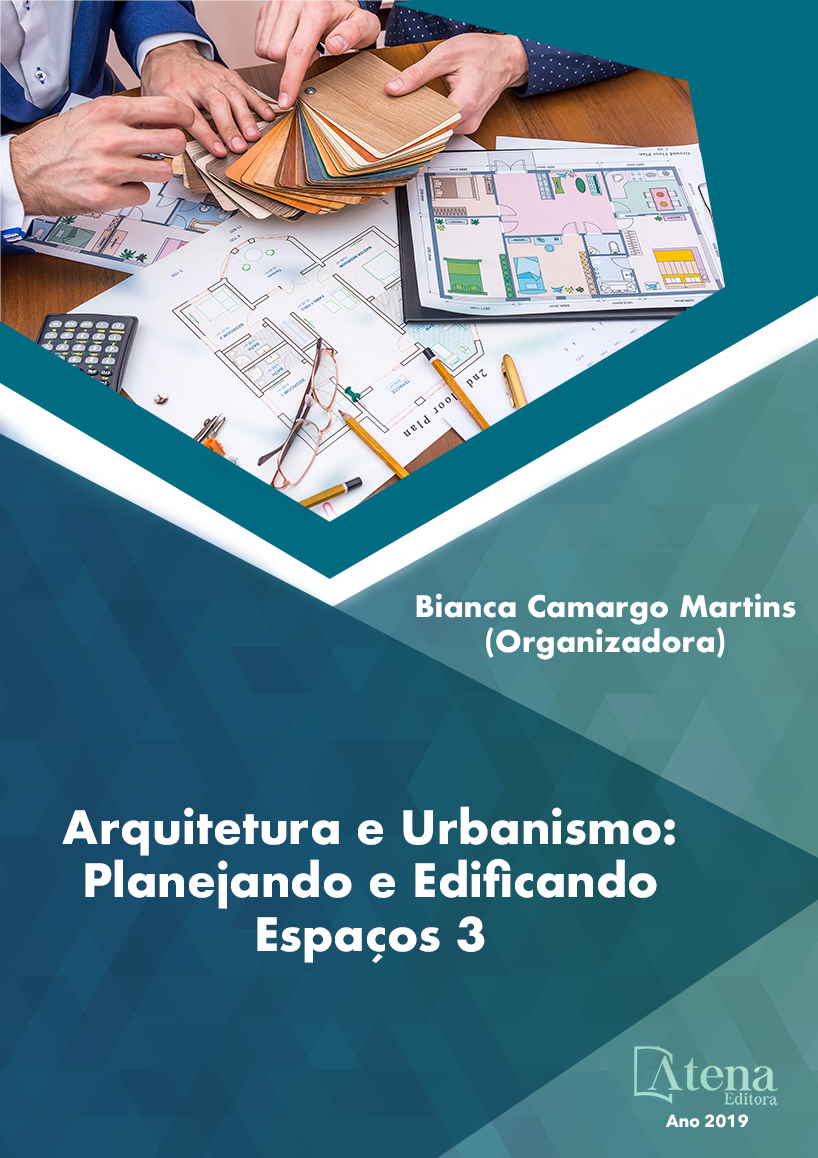
AVALIAÇÃO DE SOLUÇÕES PARA MANUSEIO DE RESÍDUOS SÓLIDOS NAS HABITAÇÕES MULTIFAMILIARES DO RIO DE JANEIRO
Nos últimos anos, a geração
de Resíduos Sólidos Urbanos (RSU) foi
percentualmente maior que o crescimento
populacional na cidade do Rio de Janeiro, o
que remete à necessidade de se reavaliar as
estratégias de manejo do RSU, bem como as
políticas de incentivo à redução, reutilização e
reciclagem no município. Neste sentido, acreditase que a normatização do setor de construção
aliada a intervenções específicas na arquitetura
das habitações multifamiliares, podem contribuir
significativamente para uma nova organização
que contemple e incentive estas três práticas. O
objetivo deste trabalho é levantar as soluções
usuais e alternativas para manuseio de
resíduos sólidos, em relação à sua praticidade,
popularidade, sustentabilidade e aplicabilidade
no contexto urbano do Rio de Janeiro. Foi
realizada uma análise crítica das Especificações
Técnicas de construção referentes ao sistema
de manuseio dos resíduos domiciliares em
edificações do município e, a partir disso, a
avaliação comparativa das citadas soluções
comuns e alternativas inovadoras. Concluiuse que a segregação simples (recicláveis X
orgânicos X rejeitos) acoplada a alternativas
como compostagem doméstica e reciclagem de
óleo de cozinha usado constituem as soluções
mais adequadas ao contexto do município
do Rio de Janeiro. Além disso, apontou-se a
necessidade de atualização da Especificação
Técnica da COMLURB, como forma de obrigar
as novas construções a preverem mais espaço
para manuseio de resíduos e alternativas
sustentáveis. Por fim, ressalta-se o potencial
de contribuição das edificações habitacionais
nas estratégias municipais para uma gestão de
RSU mais eficiente.
AVALIAÇÃO DE SOLUÇÕES PARA MANUSEIO DE RESÍDUOS SÓLIDOS NAS HABITAÇÕES MULTIFAMILIARES DO RIO DE JANEIRO
-
DOI: 10.22533/at.ed.46519191227
-
Palavras-chave: resíduos sólidos urbanos; arquitetura; habitação; sustentabilidade.
-
Keywords: municipal solid waste, architecture; housing; sustainability.
-
Abstract:
In recent years, the
generation of municipal solid waste (MSW)
was greater than the percentage of
reassess the MSW management strategies as
well as policies to promote reduction, reuse
and recycling in the municipality. In this sense,
it is believed that the standardization of the
construction sector combined with specific interventions on architecture of multifamily
housing, can contribute significantly to a new organization that encourage these
practices. The aim of this paperis to raise the usual and alternatives solutions for handling
solid waste, in relation to its practicality, popularity, sustainability and applicability in
the urban context of Rio de Janeiro. A critical analysis of the technical specifications
concerning the construction of household waste handling system in buildings was
made and, from that, the comparative assessment of those common solutions and
innovative alternatives. It is concluded that simple segregation (recyclable X organic
X tailings) coupled to alternatives such as domestic composting and segregation used
cooking oil are the most adequate solutions in the context of Rio de Janeiro. In addition,
it was pointed out the need to update the Technical Specification of COMLURB - as a
way of obliging the new constructions to provide more space for handling of residues
and sustainable alternatives. Finally, it should be noted the potential contribution of the
residential buildings in the municipal strategies for more efficient management of MSW.
-
Número de páginas: 15
- Maria Cristina Moreira Alves
- Alice Magalhães Garcia Souza


